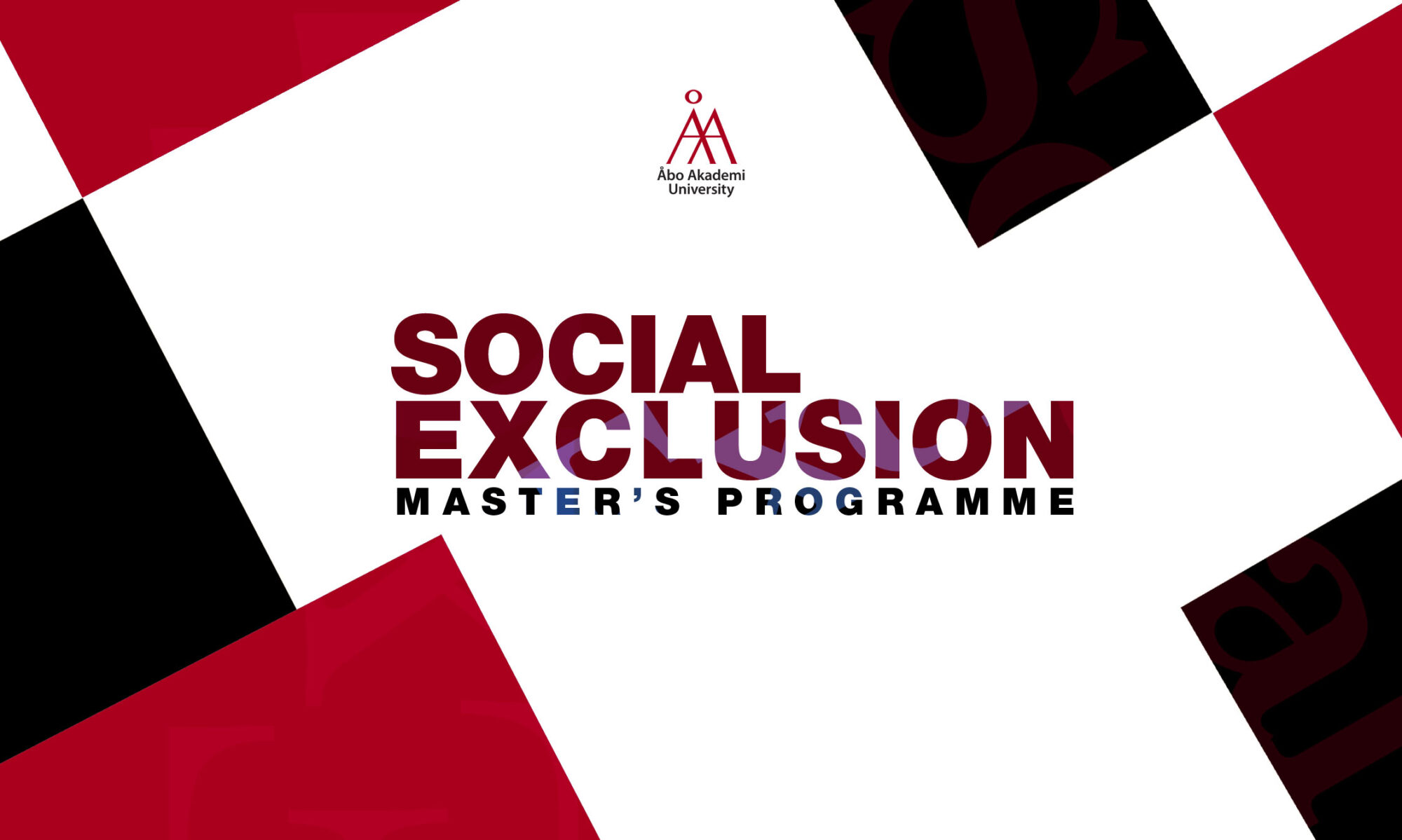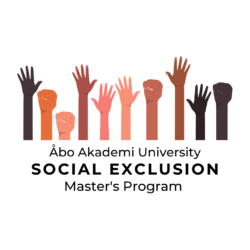Written by Tinka Harvard
‘Our traditions says thirty-six times you shall welcome the stranger.’
—Danny Schild, founder of Canadians Helping
Asylum Seekers in Israel (CHAI)
The nation of Israel, created in response to the Jewish people’s history as refugees, is currently trying to ‘stem the tide’ of non-Jewish asylum seekers. In response to an influx of migration of refugees travelling from Sudan through Egypt into Israel, the country has built a wall along the border separating them from Egypt. Although the nation was founded as a refuge for Jews fleeing persecution in light of the Holocaust, the nation is overwhelmed by non-Jewish asylum seekers. Officials, including former and present prime ministers, want to have non-Jewish refugees return to their own countries or a third country. As several Israelis endeavor to separate themselves from non-Jewish asylum seekers, this practice leaves the refugees vulnerable to social exclusion, along with its consequences.[i]
Social exclusion happens over time. It is not an individual occurrence. It is incremental and multifaceted. Social exclusion in a particular instance can create disconnects in many other ways. That exclusion then expands for both individuals as well as groups and communities.[ii] It also affects opportunities regarding education, employment, housing conditions, and mental and physical health. This is a social exclusion that is multidimensional and relational.[iii]
Ironically, religion can also play a role in social exclusion. As one example, some orthodox Jewish communities in Israel separate themselves from all other communities. One reason for this is that orthodox families do not want their children to attend school with non-orthodox children or to play with them. These divisions often involve no personal connections or meeting points outside of one’s own community. Non–orthodox Jewish people cannot live, work, or attend school in orthodox Jewish communities, creating an exclusion of ‘the other.’[iv]
Also, religious guidelines of separation can lead to the violation of social rights and equality, which illustrates how one’s religious beliefs can impede the civil rights of another and break, or at least create tension with, societal laws.[v] While attempting to resolve injustices resulting from religious practices and other inequalities within a nation, questions arise as to how best to attempt to eradicate inequalities in light of numerous social and political considerations that exist both within and without differing ethnic and religious communities.[vi]
Diversity, as it relates to religion, is counter to Israel’s goals.[vii] Presently, in the case of non-Jewish asylum seekers, social exclusion entails likely expulsion from Israel. It also includes socially excluding the refugees while they live in Israel, creating economic instability for them and forcing them to attend separate schools and live apart from the dominant society in segregated housing. Israel’s treatment of non-Jewish asylum seekers has disturbed many Jewish people nationally and internationally, including the former Canadian ambassador to Israel.[viii]
‘Jews have been persecuted people their whole existence, while Israel was never perfect, the Israel I grew up with was going to be the land of Jewish people with Jewish people’s values, which were to recognize what we suffered through and ensure that other people didn’t go through that.’
—Jon Allen, former Canadian Ambassador to Israel[ix]
Israel’s goal to have the non-Jewish migrants return to their own countries or to a third country is being met with resistance by faith-based organizations, including Jewish and Christian and private individuals and groups, both secular and nonsecular. These groups and individuals are against separation, social exclusion, social injustice, and its effects. They sponsor asylum seekers to resettle them in third countries. The desire is for the asylum seekers to be able to live safe and free from social injustice and exclusion so that they can live and experience deep equality in their daily lives.[x]
Resources for Helping to Welcome Migrants and Asylum Seekers
Upon hearing of a crisis somewhere in the world, have you ever wondered how best to inform yourself, get involved, and help? Many reputable organizations can serve as an entry point.
Hebrew Immigrant Aid Society (HIAS) is an organization that represents asylum seekers in Israel. In July 2017, the organization sent a petition to the Israeli High Court asking the state to grant visas to Sudanese asylum seekers. This was due to the state not processing the asylum seekers’ claims requests for refugee status for years. The reason the court granted the requests for visas is believed to be due to persistent pressure from HIAS. The Israeli interior ministry complied with the court ruling granting temporary residence status to more than two thousand asylum seekers in 2022. Even with the optimistic ruling, all remains precarious for many asylum seekers. What the future holds for them in the long-term remains uncertain, and questions endure. HIAS is committed to standing with asylum seekers for the long haul.[xi]
‘This is great news for our clients, who have been in Israel without basic rights for over a decade.’
—Nimrod Avigal, deputy director and head of legal aid at HIAS Israel[xii]
In Canada, the Private Sponsorship of Refugees (PSR) program serves as a model for helping to provide physical and emotional safety and security for migrants and asylum seekers. Through this program, ordinary citizens can join or form groups to sponsor refugees abroad. The work of social justice and diminishing social exclusion can seem immense. Still, with the help of programs like PSR, anyone can make an extraordinary impact on the lives of refugees.[xiii]
Outside of Canada and Israel, the United Nations High Commission for Refugees (UNHCR), also known as United Nations Refugee Agency, is a global organization dedicated to protecting the rights of refugees around the world. The UNHCR is an excellent starting point to get involved.[xiv] Because in the end, “an immigrant is just someone who used to be somewhere else”.[xv]
References
[i]. Dina Kraft and Sara Miller Llana. ‘Denied Asylum in Israel, Eritreans Are Welcomed by Canadian Jews.’ The Christian Science Monitor, 21 January 2022. https://www.csmonitor.com/World/2022/0121/Denied-asylum-in-Israel-Eritreans-are-welcomed-by-Canadian-Jews.
[ii]. Hilary Silver. ‘The Process of Social Exclusion: The Dynamics of an Evolving Concept.’ London: Chronic Poverty Research Center, 1 October 2007, p. i. https://ssrn.com/abstract=1087789 or http://dx.doi.org/10.2139/ssrn.1087789.
[iii]. Marie Macey and Alan Carling. Ethnic, Racial and Religious Inequalities: The Perils of Subjectivity. London: Palgrave Macmillan, 2011, p. 38.
[iv]. Pew Research Center. ‘Israel’s Religiously Divided Society.’ Youtube, 16 October 2016 (video). https://youtu.be/vCH0uecc4dY.
[v]. Adam Liptak. ‘In Narrow Decision, Supreme Court Sides with Baker Who Turned Away Gay Couple.’ The New York Times, 4 June 2018. https://www.nytimes.com/2018/06/04/us/politics/supreme-court-sides-with-baker-who-turned-away-gay-couple.html.
[vi]. Macey and Carling, p. 37.
[vii]. Kraft and Miller Llana.
[viii]. Ibid.
[ix]. Ibid.
[x]. Ibid.
[xi]. Sharon Samber. ‘Finally Some Good News for Sudanese Asylum Seekers in Israel,’ HIAS Blog, 13 January 2022. https://www.hias.org/blog/finally-some-good-news-sudanese-asylum-seekers-israel.
[xii]. Ibid.
[xiii]. Government of Canada, Private Sponsorship of Refugees (PSR) program. https://www.canada.ca/en/immigration-refugees-citizenship/services/refugees/help-outside-canada/private-sponsorship-program.html.
[xiv]. United Nations High Commission for Refugees. https://www.unhcr.org.
[xv]. Russell Brand. Messiah Complex. Epix, 2013 (video). https://www.youtube.com/watch?v=joyrLi0Rjck.

